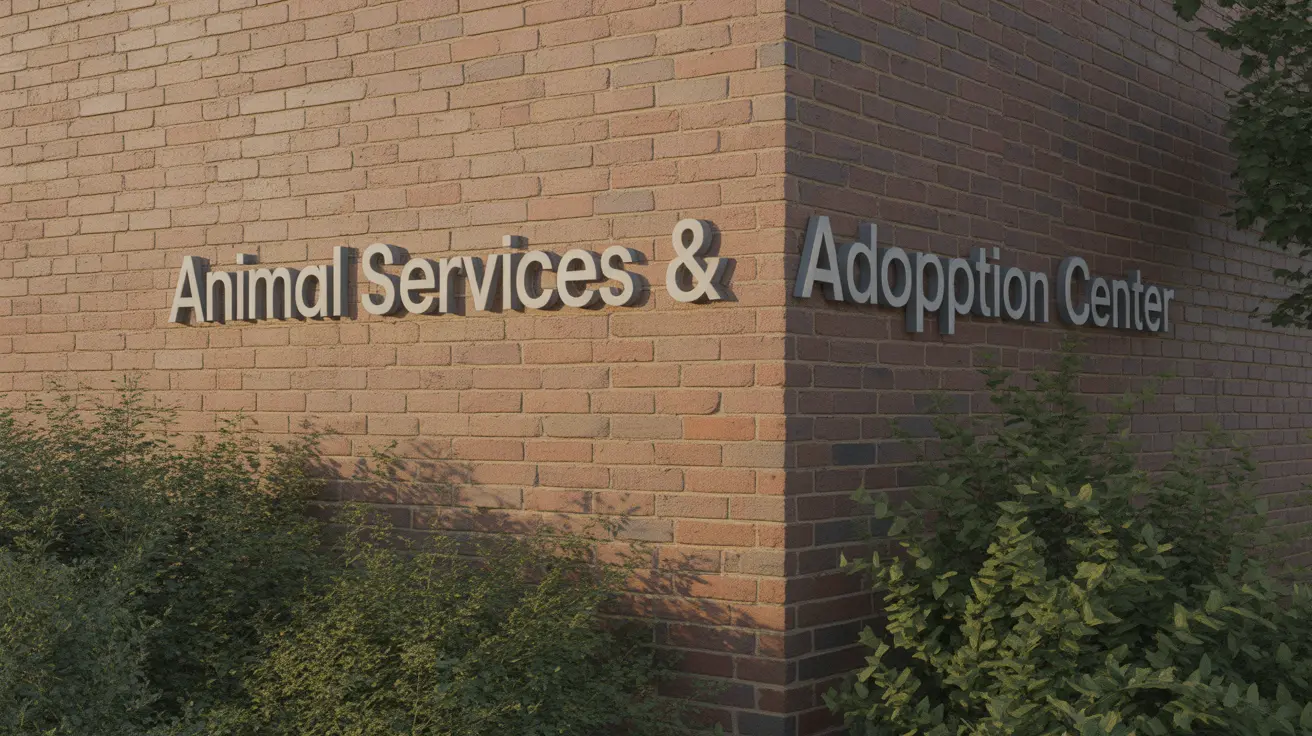When to Be Concerned About Your Dog Not Eating
It can be distressing to see your dog turn away from their food. While occasional pickiness can be harmless, a prolonged lack of appetite may indicate more serious health issues. Understanding when to worry and how to respond is essential for any pet owner. This article outlines the common reasons dogs stop eating, the signs that indicate it’s time to seek medical advice, and practical solutions to encourage your pup to eat regularly.
Common Causes of Appetite Loss in Dogs
- Illness: Conditions such as infections, organ dysfunction (liver, kidney, pancreas), gastrointestinal problems, cancer, and systemic illnesses often cause a sudden decrease in appetite.
- Dental Disease: Pain from gingivitis, broken teeth, oral tumors, or tooth abscesses can make eating difficult for dogs.
- Behavioral Factors: Stress, changes in routine, anxiety, or disruption in the environment can lead to meal refusal.
- Food-Related Issues: Sudden changes in diet, stale or spoiled food, or undesirable textures and smells can deter eating.
- Vaccination Reactions: Mild, temporary appetite loss following a routine vaccination is not uncommon and typically resolves within a day or two.
- Age-Related Changes: While older dogs may have less appetite due to reduced activity, a marked decline warrants a veterinary checkup.
- Gastrointestinal Upsets: Nausea from dietary indiscretion, infections, or mechanical blockages often comes with vomiting and lethargy.
When to See a Veterinarian
Your dog may occasionally skip a meal without cause for alarm. However, you should seek veterinary care if:
- Your dog has not eaten for more than 24 hours.
- Your puppy hasn’t eaten for over 12 hours.
- The dog is also refusing water.
- There is additional vomiting, diarrhea, coughing, or lethargy.
- You notice signs of dental pain such as drooling, bad breath, or sensitivity around the mouth.
- There is weight loss or signs of systemic illness like labored breathing or yellowing of the eyes and gums.
How to Encourage Your Dog to Eat
- Warm the food slightly to enhance aroma and palatability.
- Add water or broth to dry kibble to soften it and make it more appealing.
- Mix in a small amount of wet food or tuna juice for added flavor.
- Try hand-feeding or using interactive food puzzle toys.
- Feed smaller, more frequent meals, particularly for sick, elderly, or pregnant dogs.
- Minimize treats so your dog is hungrier during meals.
- Create a calm and quiet feeding environment away from disruptions or other animals.
Preventing Long-Term Feeding Issues
- Stick to a consistent feeding schedule and avoid frequent food changes.
- Transition new food gradually over 7–10 days to prevent GI upset.
- Keep food dishes clean and in an established location.
- Coordinate feeding routines with family to avoid double-feeding or too many treats.
- Keep treats under 10% of daily caloric intake to promote meal-focused appetite.
- Avoid force-feeding, which may increase food aversion. Instead, identify and address the underlying cause.
Special Considerations for Seniors and Puppies
Older dogs may eat less due to decreased sense of smell, dental discomfort, or cognitive decline. Assist them with raised bowls, non-slip mats, and softer food. Puppies are especially vulnerable to rapid changes in glucose and hydration and should never go without food or water for long. Their refusal to eat should prompt immediate veterinarian attention.
Behavioral and Stress-Related Feeding Issues
Changes in the home, such as moving, new pets, or loud noises, can disrupt feeding behavior. Ensure the feeding area is tranquil. Offer reassurance and avoid reinforcing bad habits by providing treats or table food when meals are skipped.
Conclusion
If your dog misses a meal but otherwise seems well, close monitoring is usually sufficient. However, loss of appetite can be an early warning sign of more serious health conditions. Address feeding disruptions promptly and seek veterinary guidance if symptoms escalate. A proactive approach will ensure your pet’s nutrition, comfort, and overall well-being.





